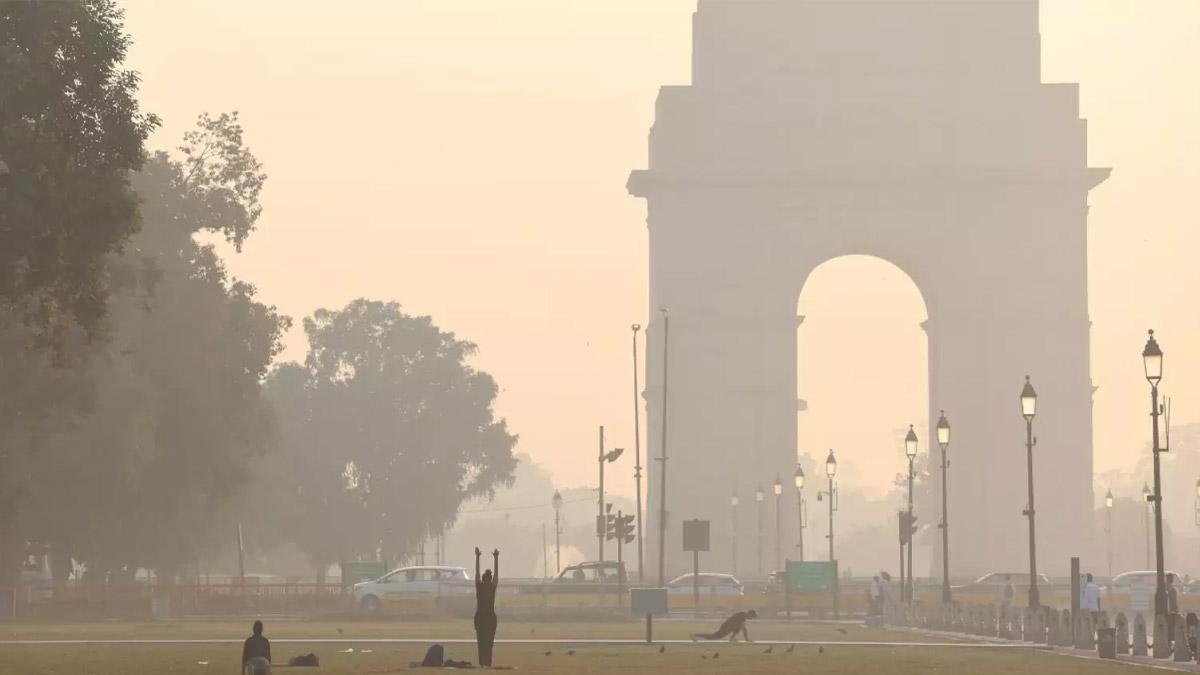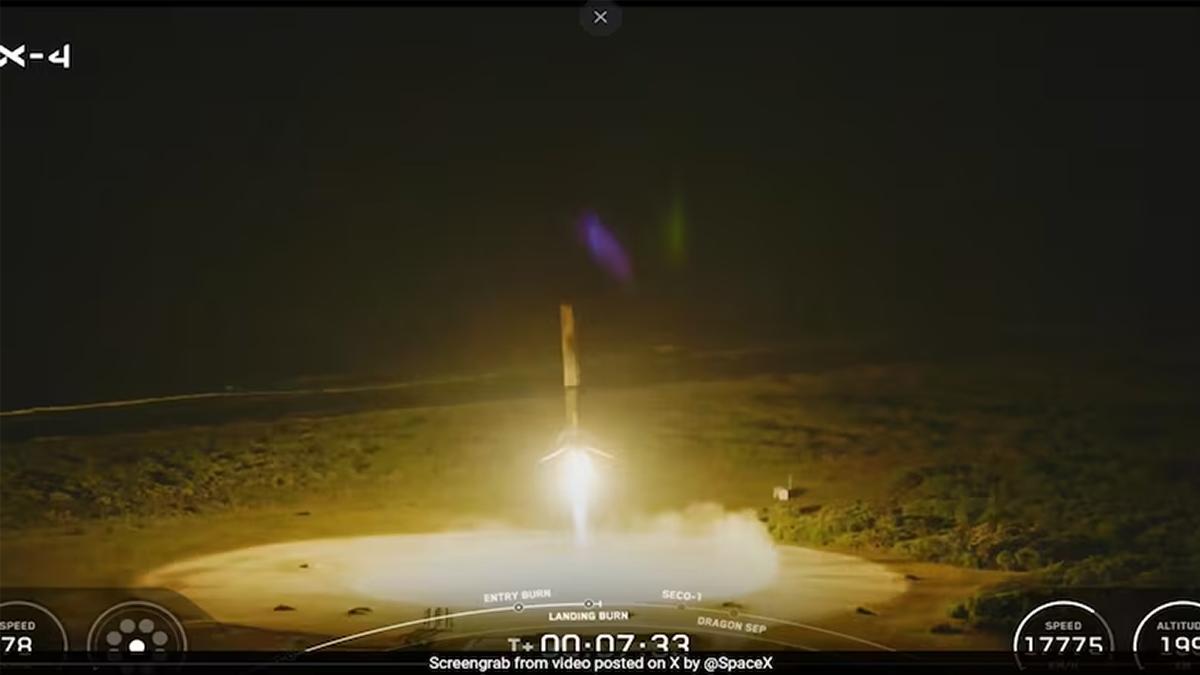After Delhi's air quality deteriorated on Monday night, the Commission for Air Quality (CAQM) had to reimpose GRAP 4 restrictions in the entire Delhi-NCR, with immediate effect.
The average air quality index in Delhi reached 399 at 9 p.m. on Monday and crossed the 400 mark at 10 p.m.
The air quality plummeted to 'Severe+' category and hence, the decision to reintroduce Stage IV of Graded Response Action Plan (GRAP) was taken in an emergency meeting.
Issuing a statement, CAQM said, "In pursuance of the Supreme Court's directives, the Sub-Committee hereby invokes the Stage-IV of the Schedule under the GRAP, as comprehensively revised and issued on December 13, 2024, with immediate effect. The actions under Stage-IV shall be over and above the actions under Stages III, II and I, already in force."
The order quoted the apex court, which had directed that if the Commission finds the AQI breaching the 350 mark, Stage-III measures must be enforced and if it crosses the 400 mark then the Stage-IV measures need to be reinstated.
Earlier GRAP-III restrictions were again enforced across entire NCR as the AQI breached the 350-mark due to "highly unfavourable meteorological conditions" and other factors for dispersion of the pollutants.
"The Air Quality parameters, however, further worsened owing to a drastic reduction in the mixing layer height and continued absolute calm-wind conditions over Delhi. The SubCommittee on GRAP was accordingly maintaining a close watch on the air quality scenario in Delhi," the order said.
"The Sub-Committee noted that the AQI level almost touched the 400 mark i.e. was 399 at 9 p.m. and was recorded as 401 at 10 p.m., breaching the 400 mark," it added.
The CAQM, mandated with the protection and improvement of air quality in NCR and adjoining areas, brought into effect a revised plan to combat winter pollution on December 13.
Delhi and its surrounding places were experiencing toxic air, wherein its quality has been a persistent 'severe' and 'very poor' for many months. This is an annual concern, and health warnings have gone out from the medical fraternity every year.
Over the past fortnight, a bench headed by Justice Abhay S. Oka and Justice Augustine George Masih of the Supreme Court held a string of hearings on the air quality problem Delhi-NCR faces.
During these hearings, issues of ineffective bans on polluting vehicles and stubble burning have been taken up.
The GRAP is a set of emergency measures adopted in Delhi-NCR to combat air pollution based on the severity of air quality.
Air quality indices continue to remain in the 'very poor' category in Delhi, which poses serious health risks to its residents.
Air quality is not likely to improve anytime soon.
Read also| India and Bangladesh Veterans to Exchange Visits for Vijay Diwas Commemoration


















